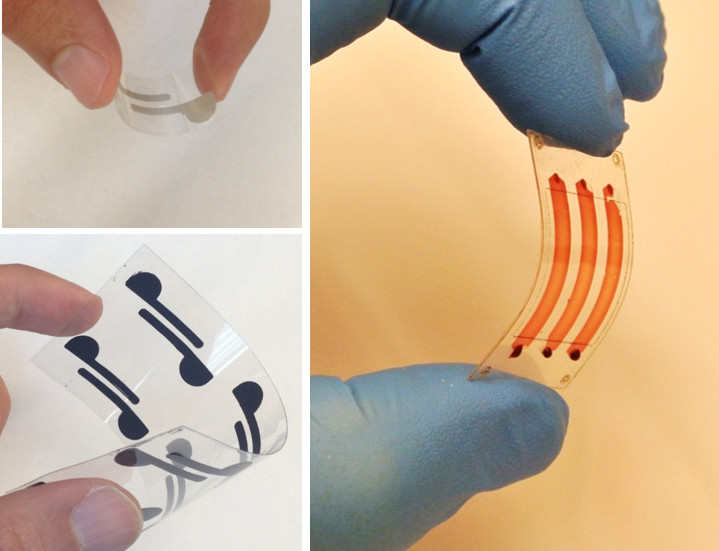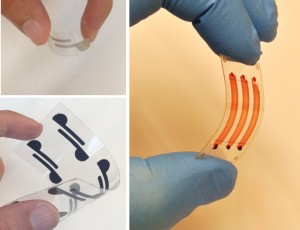Mobile App and Biosensing Platform for Point-of-Care Diagnostics

Harvard researcher Hadi Shafiee and his team from Florida Atlantic University and Stanford University have developed a new biosensing platform by integrating cellulose paper and flexible polyester films with various sensing modalities using antibodies and peptides. Such biosensing platform can be applied in point-of-care diagnostics, and the team has proved selective and accurate detection of HIV, E. coli, Staphylococcus aureus CD4+ T lymphocytes.
Rapid and timely diagnosis is crucial particularly in the area of point-of-care diagnostics. This would ensure early detection and control of disease as well as effective treatment monitoring. This novel biosensing platform is affordable, mass-producible and easy-to-use. This platform is preferred as compared to current paper and flexible material-based platforms that are colorimetric-, fluorometric- and electrochemical-based, and more expensive as well as labor intensive, which are the main challenges for their implication in point-of-care diagnostics. In fact, with the new platform, only a single drop of blood from finger prick is required to provide specific, sensitive and reliable results.
The team has also developed a mobile app as the detection system. By using images from the mobile, the newly developed app could detect various diseases in the blood. Such a system allows diagnostic results to be delivered anywhere in the world, thereby improving healthcare systems globally.
Source: MEHR News Agency

